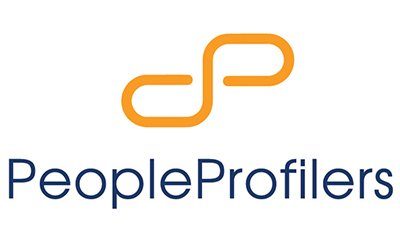You’ve been working it and hustling to finding a new job – tweaking your resume and applying to jobs online. You might be wondering how long it really takes a get a new job. A new job in a month’s time is likely not going to happen. Read on to take a look at what a job search timeline might look like.
Today
You find a job online and apply. An automated email from the company has probably been sent to you to let you know your application was received, and that if there’s a fit, you’ll hear from them soon.
Within two weeks from today
You hear from a real person at the company. A hiring manager likes your resume and will be in touch soon to schedule a phone interview.
In an ideal scenario, you may get this coveted call within a day or two of applying, but it’s more realistic that the call won’t come until two weeks have elapsed.
While you’re waiting for this call—or if you don’t get the call—patience and persistence are your friends. Continue to apply to jobs, check the job alerts that land in your inbox, and be consistent in following various employers on social media to learn about possible job opportunities.
Three weeks from today
You hear back that they want you to come in for an interview.
Four weeks from today
You head to the first in-person interview and then you wonder if they’ll ever get back in touch.
Here’s the thing—so many things are going on behind the scenes, all unbeknownst to you. For starters, it could take a few days for the recruiter to schedule time on the interviewer’s calendar so they can debrief to discuss your candidacy and next steps. Out of protocol, they may have to interview unqualified candidates internally just because it’s the right thing to do. Finance may be questioning if the position should be pulled because it hasn’t been filled yet, and they’re also re-examining their budgets and head counts.
Six weeks from today
You get the call that they want you to come in for a final interview with the company bigwig. You’re confident that you pretty much nailed it. There’s clearly interest in your candidacy because they asked about when you’d be available to start and about your salary requirements. This is looking promising.
But then you hear nothing for the next week. The employer is likely still wrapping up interviews with final contenders and getting the hiring team on the same page to debrief and evaluate everyone. Don’t sweat it.
Eight weeks from today
You get an offer! At long last, you’ve heard back and received a verbal offer! Congrats! Now, the conversation centres around your starting salary and your start date.
12 weeks from today
First day on the job! When start dates are being agreed upon, you and the employer are doing the new-hire math. You’ll give two weeks’ notice to your current boss, and it could take two weeks for your background check to clear (or sooner, depending on the employer).
There you have it. 3 or 4 months is probably the best-case scenario with regards to processes and normal setbacks that the best candidate for a single job can expect. It’s not unusual for delays to occur:
You may go through false starts of this process several times before you actually make it all the way through. For that reason, it is suggested that job seekers give themselves on average six months for the job search from start to finish.


